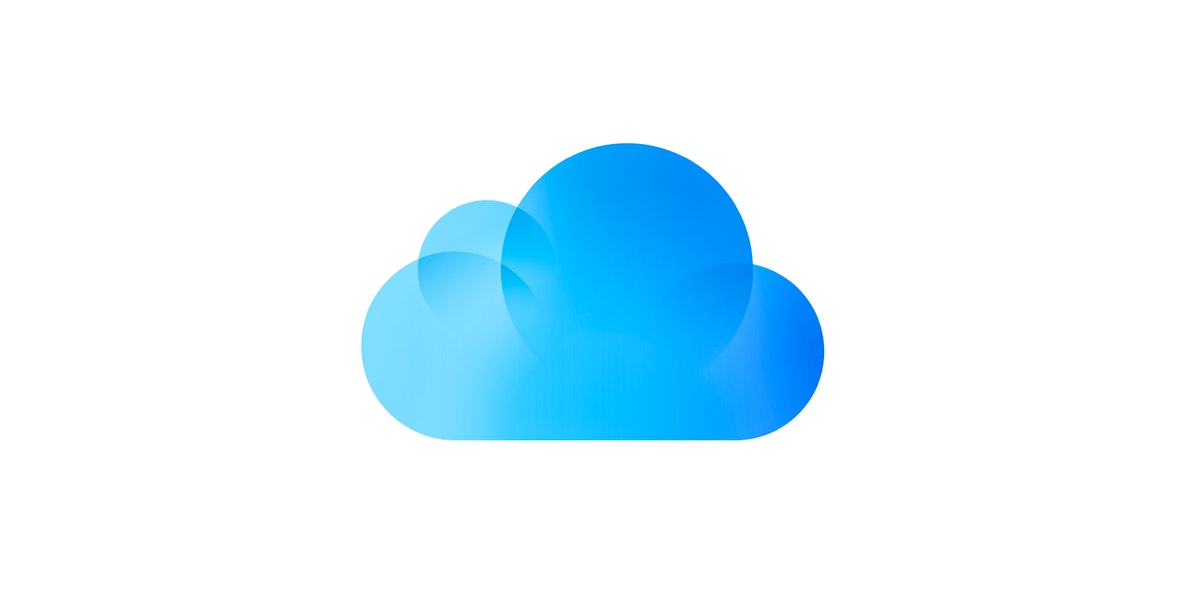The Corporate iCloud

Apple’s announcements at this year’s WWDC keynote will have far reaching effects. Much has already been written about the impacts to you and me as consumers of Apple products. But let’s stop and think for a moment about how this will affect our perceptions about technology, and how that will translate into the corporate IT space.
Apple’s Vision
With Google, the company perhaps most associated with the cloud, the approach starts with a common business scenario and then applies it to the “cloud”. They’re extending familiar concepts. Google Docs is Microsoft Office, but in the cloud. Gmail is Outlook, but in the cloud.
Google seems to be aiming for users who understand current computing paradigms and are able to apply that knowledge to “the cloud”. Power users, if you will. Many of the people reading this post are in this camp.
Corporate IT is in this camp, and feels very comfortable with the Google approach because it’s a like-for-like comparison. It simply becomes a discussion of cost, features, and security. In the case of Google corporate IT has a few “silver bullets” because Google’s vision is so cloud focused. So far Google’s vision is that everything is always there because everything only exists in the cloud. So what happens when you are in an airplane with no internet access (flying through the real clouds with no metaphorical cloud access)?
Apple’s approach to the concept of the cloud is the opposite of Google’s. As you know, at Apple conferences focus is on the demos so here’s the iCloud demo: You’re working on a document in Pages on your iPad, you move over to Pages on your Mac, and there it is. It even remembers where you were last editing. You download a song to your iPhone, you pick up your iPad, and there it is. With iPad/iPhone and now OS X Lion, you don’t even save documents anymore. They save automatically. Apple’s view is consumers have absolutely no idea what the cloud is, don’t care, and shouldn’t care.
Apple’s vision is all your “stuff” just exists, in real-time, on all your devices.
Apple view is the cloud to a place that only exists in the background. You never interact with it, your apps do — and you never even realize it. It’s magic. “It all just works.” “Automatically” - Steve Jobs kept saying this over and over again on stage. When Steve does this, it’s never an accident. It’s a message.
Apple has been going out of their way to avoid using the word “syncing” with regard to iCloud. That implies that files exist in one place and need to be moved and/or copied. That’s way too technical for the story Apple is weaving. Files are something Microsoft worries about. Files in the cloud are something Google worries about.
Apple’s iCloud is about picking up any (Apple) device you happen to have, opening any (Apple) application you want and voila! The thing you want to access being right there, right where you left off. “It all just works”. “Automatically”.
The Impact of Apple’s Vision on Corporate IT
Most people I know use email as the “poor man’s” iCloud. When working on a document they send it to themselves in email. Using email, they can usually access the document on their home computer, iPad, iPhone or other device, and hopefully continue editing it. Then when done, save it again and email it back to themselves. Thus ensuring corporate email is hopelessly bloated, and also ensuring corporate security is hopelessly paranoid about what is contained in everyone’s inbox.
I have found a slightly better way using DropBox (there is also Box.com) as the corporate “poor man’s” iCloud. I have DropBox loaded on my work provided Laptop, my home PC, my iPad and my iPhone. When I am actively working on a document I place it in my DropBox folder and DropBox takes care of syncing it to all my devices “automatically”.
In theory I can just open it up on the device I happen to be using at the time and continue editing. But not all editors on all devices are equal, and I have to remember to save the file myself, and when I open the file on another device it does not know where I last was in the document. But, it is still a huge step forward from the email approach.
But what happens when my corporate clients start using iCloud on their Apple devices? Their perceptions and expectations will be forever changed. Their view of the current corporate IT approach is that we are already far behind the “consumerization” trends. What will our response be?
Some companies are going the opposite direction – lock everything down and don’t let any data ever leave the corporate data center. We all know how this ends – you can never put the genie back in the bottle.
I think there is a huge opportunity for DropBox, or a company like DropBox, to help us extend corporate IT out in a secure way and bridge the Apple and non-Apple worlds.
What do you think?
Source:
